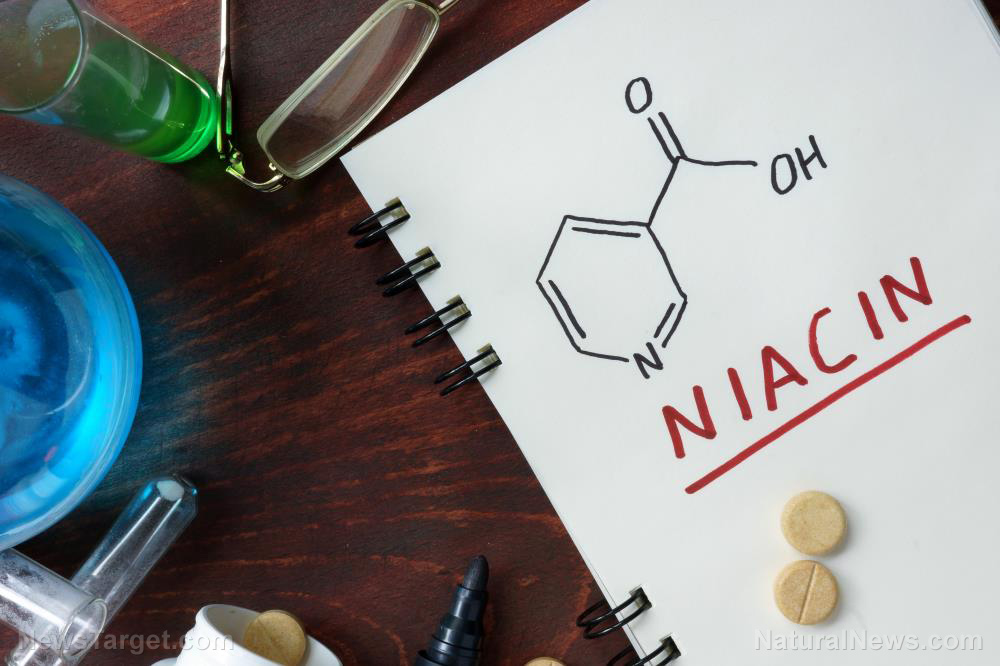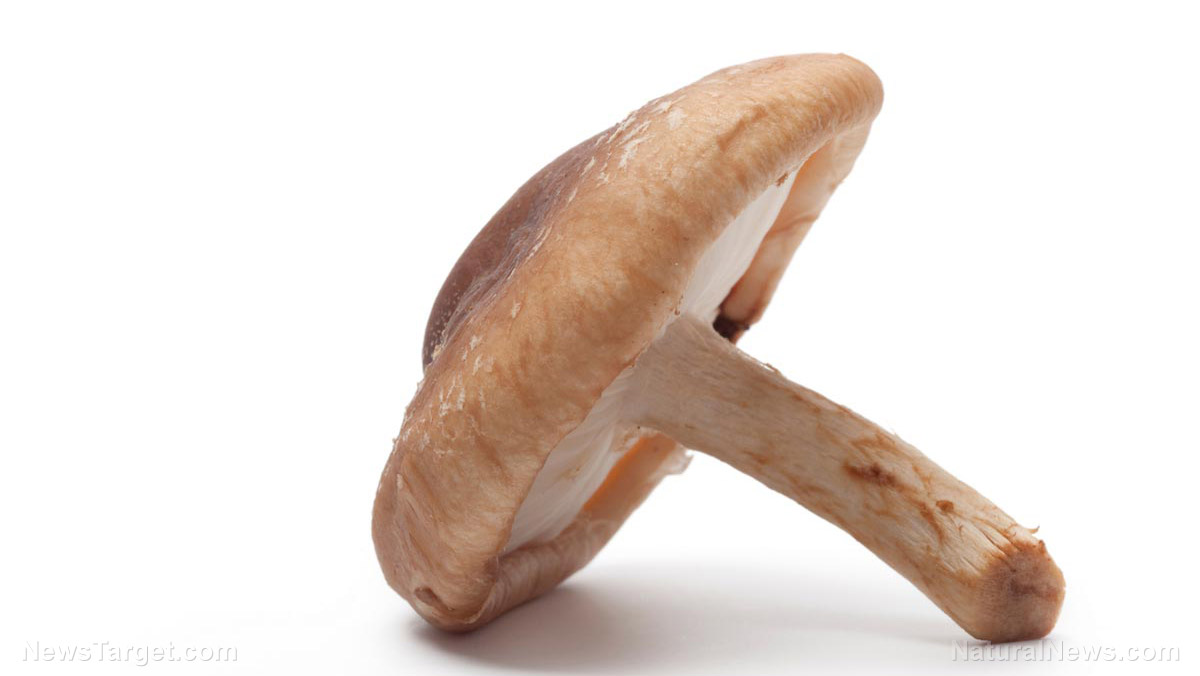Supplements to balance your hormones naturally
08/13/2019 / By Melissa Smith

PCOS, short for polycystic ovary syndrome, is a hormonal disorder that affects as many as 10 percent of women. Women suffering from PCOS mainly experience insulin resistance and have too much of the male hormone androgen. Additionally, PCOS interferes with their appearance, fertility, menstrual cycle, metabolism, and mood. Many women with this condition take supplements to help improve their symptoms. If you have PCOS, you might try these natural supplements:
- Berberine – Berberine is a kind of salt found in some plants and is used in traditional Asian medicine. Research shows that supplementing with berberine regulates blood sugar levels by promoting insulin sensitivity – which is also good for the heart. This supplement may also increase fertility, reduce triglycerides, and lower harmful cholesterol while increasing good cholesterol.
- Chromium – Taking chromium may lower blood sugar and regulate insulin levels. Aside from supplements, this trace mineral can be found in foods such as beans, eggs, cereals, lean meats, nuts, seeds, seafood, and peas.
- Flaxseed – Flaxseeds are rich in lignan, which may lower androgen levels. As a result, symptoms like irregular periods, excess hair growth, and weight gain may be reduced.
- Folate (folic acid) – Taking folate with inositol may increase insulin sensitivity, thereby indirectly increasing fertility. You can get folate in foods like leafy greens, broccoli, artichoke, okra, and soy, or in supplement form.
- Inositol – Also known as vitamin B8, inositol is naturally present in the body. However, many women with PCOS supplement with inositol because it promotes hormonal balance and increases their chance of getting pregnant. Inositol supplements also help with blood sugar control and lower levels of testosterone, blood pressure, and cholesterol.
- Magnesium – Women with PCOS often tend to have low magnesium levels, so they need to take a magnesium supplement to improve their insulin sensitivity. While you can easily take a supplement, you can also get magnesium through foods like beans, boiled spinach, roasted nuts, shredded wheat, and soy products.
- N-Acetyl-Cysteine (NAC) – NAC is an antioxidant that helps PCOS patients fight weight gain, excess hair growth, oily skin, and acne. It also promotes regular menstrual cycles. Most importantly, it improves blood sugar control and increases fertility.
- Omega-3s – Omega-3 fatty acids are healthy fats mostly found in fatty fish like tuna, salmon, and herring, but can also be taken as supplement. Many nuts and seeds, such as chia, flax, and walnuts, also contain omega-3 fatty acids. Taking omega-3 supplements reduces inflammation in the body, promotes a regular menstrual cycle, reduces androgen levels, and helps with weight loss.
- Vitamin D – This vitamin is not only good for the bones, but also for fighting insulin resistance, irregular menstruation, obesity, and excess hair growth. Getting enough vitamin D may also increase your odds of getting pregnant. Your body makes vitamin D through sun exposure, but you may also get it in supplement form.
- Vitex – Also known as chasteberry, vitex is a popular supplement among women with PCOS, because it effectively increases progesterone levels and stimulates ovulation. It also fights common PCOS symptoms like acne, excess hair growth, and premenstrual syndrome (PMS).
- Zinc and saw palmetto – Zinc and saw palmetto must be taken together to lower testosterone levels. Zinc reduces acne, excess hair growth, weight gain, and mood swings, while saw palmetto regulates both androgen and estrogen levels. You can get zinc from seafood, especially oysters, beans, nuts, peas, eggs, and lean meats.
Managing PCOS symptoms is important to prevent the risk for heart disease, diabetes, endometrial cancer, and high blood pressure. You can also manage your symptoms by making lifestyle changes, such as exercising regularly, reducing your intake of sugar and unhealthy carbohydrates, and relieving stress. (Related: PCOS: Understanding it and treating symptoms naturally.)
Sources include:
Tagged Under: alternative medicine, androgen, berberine, chromium, disease treatments, endocrine disorder, Fertility, flaxseed, folate, folic acid, good medicine, hormonal disorder, hormones, inositol, insulin resistance, Magnesium, menstrual cycle, metabolism, mood, n-acetyl-cysteine, NAC, natural cures, natural medicine, omega 3, PCOS, PCOS symptoms, prevention, saw palmetto, vitamin B8, vitamin D, vitex, women's health, zinc
RECENT NEWS & ARTICLES
COPYRIGHT © 2017 NATURAL CURES NEWS



















